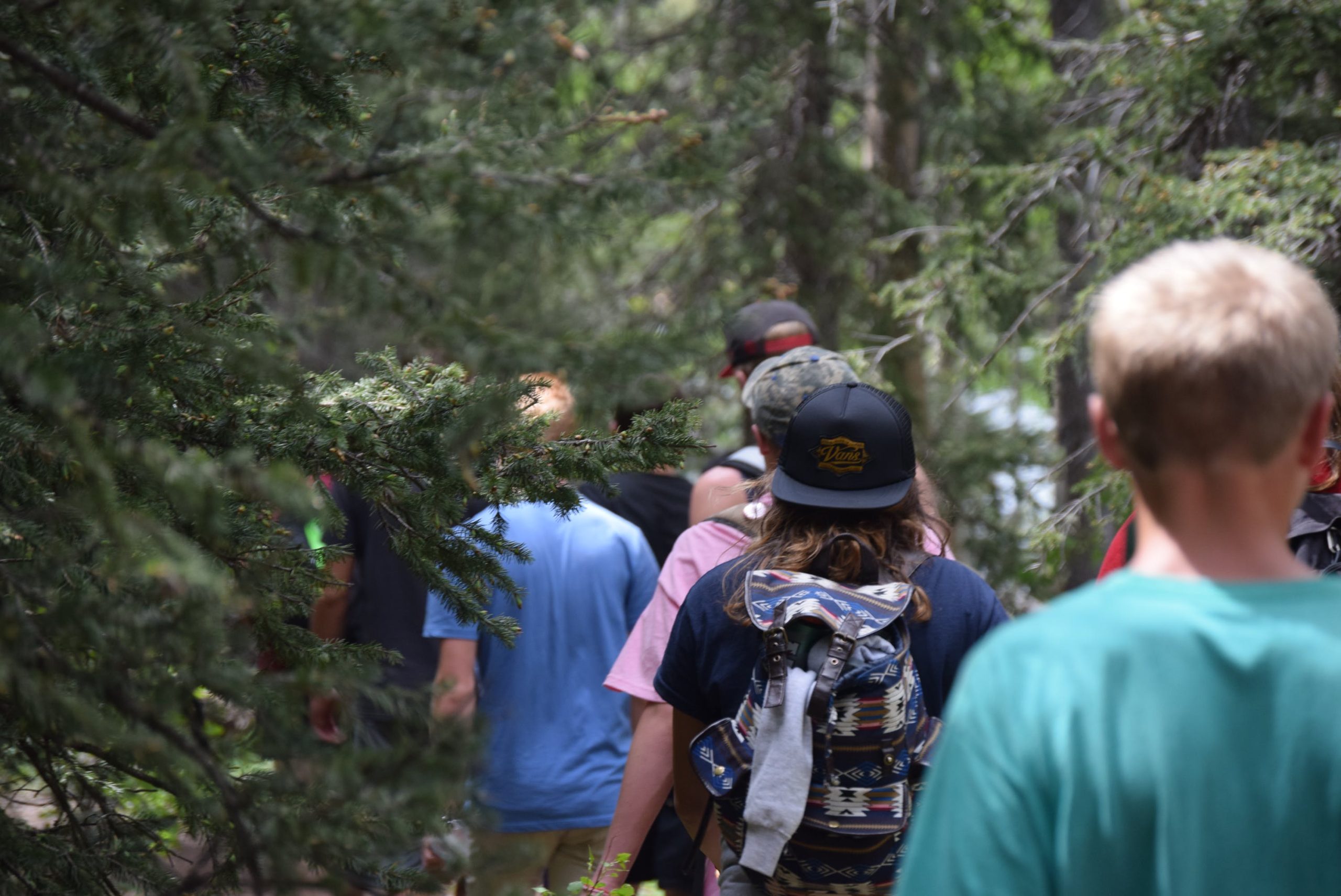
Growing the social sciences within environmental organisations
Project Team

Dr Ruth Lamont
Senior Specialist, Social Science Team
Natural England

Dr Beth Clark
Lecturer in Food Marketing
Newcastle University
Dr Fränze Kibowski
Natural England
Dr Beth Brockett
Forest Research
Professor Gabriele Durrant
ESRC National Centre for Research Methods
University of Southampton
Dr Clive Mitchell
Nature Scot
The Project
This project is a collaboration between multiple social science teams/leads within environmental organisations. Together we aim to better equip our organisations in using social science to address environmental challenges.
We aim to grow:
- Understanding of the social sciences and their value in addressing environmental challenges
- Best practice in the use of social science methods
- Effective commissioning of social science research
Methodology
We will do this by
- Scoping the need, both with social science teams/leads within environmental organisations, and with their non-social science colleagues
- Bringing together exiting resources in one place that can begin to address these needs
- Piloting and refining the resources with a group of users
- Developing a forward plan to grow this package of support beyond the life of this grant
Guiding Principles
Knowledge Co-production is at the core of this project. The project will be delivered collaboratively and produce outputs that aim to be a shared resource, increasing efficiency and collaboration.
Outcomes
RESOURCE
Social Sciences Resource Guide for Environmental Organisations
Environmental organisations are increasingly using social science research to help understand people’s attitudes, motivations and behaviours around environmental challenges.
To improve the integrity of social research being done in these organisations, partners from a range of environmental organisations and universities were funded through the ACCESS Flex Fund to collaboratively scope the need and develop a ‘Social Science Resources Guide for Environmental Organisations’ .
The guide is intended as a resource for environmental organisations with growing demand for social science support and a need to upskill their organisations in understanding and using social science. Organisations are encouraged to use and adapt it for their own purposes and to add to it with their own resources and insights.
REPORT
Developing across-organisational social science resources for non-social scientists within environmental organisations
by Dr Beth Clark, Dr Ruth Lamont, Dr Beth Brockett, Professor Gabriele Durrant, Dr Fraenze Kibowski, Dr Clive Mitchell, Dr Sue Williams & Dr Peter Bailey
The collaborative development of the Resource Guide (see above) is detailed in this joint report JP060 ‘Developing across-organisational social science resources for non-social scientists within environmental organisations’, published by Natural England.
WEBINAR
Growing the social sciences within environmental organisations
In this ACCESS Seminar, Dr Ruth Lamont from Natural England gives an overview of a collaborative Flex Fund project to support better understanding of the social sciences, and encourage improved use within environmental organisations.

Reviewing our Relationship with Nature
Blog by Caitlin Hinson & Ruth Lamont
What the evidence tells us about nature, and human health and well-being.
Evidence for the complex links between nature and health and well-being cuts-across sectors and research disciplines. There is a lot of useful evidence out there, but its breadth has made it difficult to draw together and use to inform decision making.

